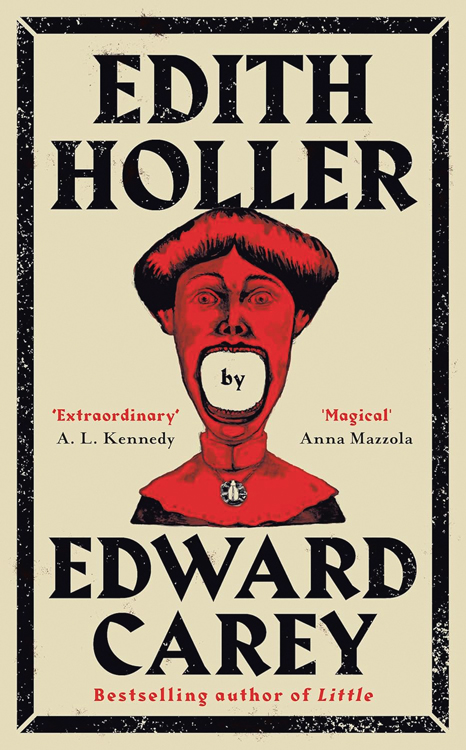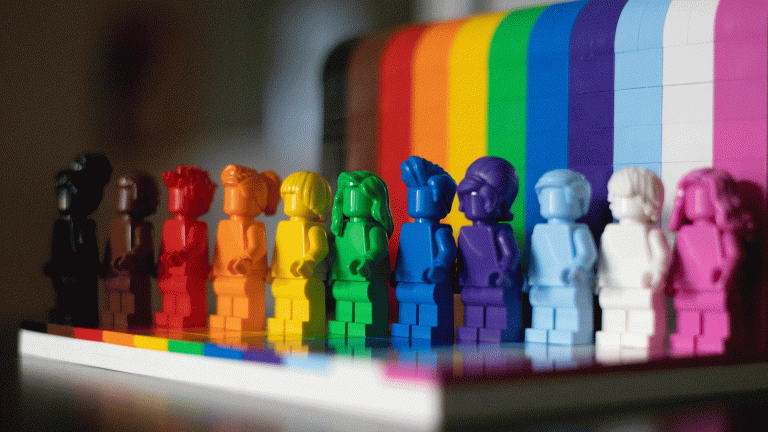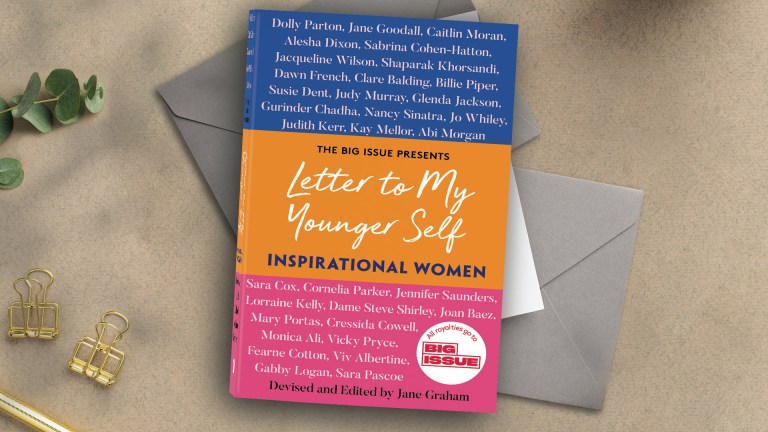Back then, noses had been made illegal. Nor were mouths permitted. Everyone wore a mask.
Looking out of a window at those people keeping their distances it was very clear their faces had been censured. As if these were only partial humans that walked about beyond our homes. Look at all those half-heads. The masks in theatre, in Commedia dell’arte say, generally have the other half of the face concealed. What strange piece of theatre then was everyone engaged in?
Get the latest news and insight into how the Big Issue magazine is made by signing up for the Inside Big Issue newsletter
The world was closed. We couldn’t see anyone, go anywhere. Theatre then, of course would be especially dangerous. Live entertainment – alive entertainment – was dead, what we saw on our screens was old. Nothing was now any more, nothing was fresh. The act of putting on a play for a group of assembled people, to communicate a story in live time was outlawed.
Back then, all the theatres had gone dark. All those empty spaces all over the world. All the seats folded up. The place so quiet. That room, that one wonderful, windowless room – the stage – was empty. Losing its function, it had been made into just any room. A ghost space. No wonder no more. All the stories silent. The excitement of something happening before your eyes, impossible. That place where you can pull up long-dead people, Henry V for example, Richard III, and say here they are alive again in front of us. Well, that place was not happening, the dead stayed dead. The stage, that room that can be anywhere was nowhere.
In the theatre you can’t stop what is unfolding in front of you until it’s over, it controls you. In theatre you are shown what a human being is while all along sitting with human beings, mutually experiencing the journey, laughing together, sometimes crying.










